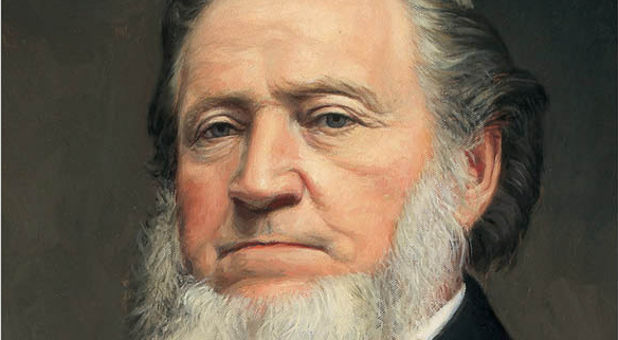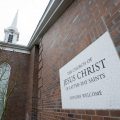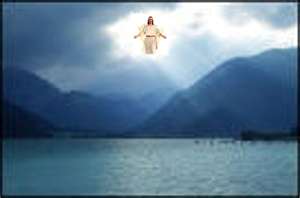Question
Gramps,
Brigham Young has said multiple times and it is written in the Journal of Discourses that he said people lived on the moon dressed as Quakers. He also said, “Is their life on the sun? Without question, for it was not created in vain.” Since those could not be true what is your stance on this because in Deuteronomy it says the way to know a prophet was false is if they speak in the Lord’s name and that doesn’t come to pass or isn’t true. (Paraphrased) What are your thoughts on this?
Michael
Answer
Dear Michael,
You are correct that the Lord warned, through Moses, that
But the prophet, which shall presume to speak a word in my name, which I have not commanded him to speak, or that shall speak in the name of other gods, even that prophet shall die.
And if thou say in thine heart, How shall we know the word which the Lord hath not spoken?
When a prophet speaketh in the name of the Lord, if the thing follow not, nor come to pass, that is the thing which the Lord hath not spoken, but the prophet hath spoken it presumptuously: thou shalt not be afraid of him.
In fact, I believe that this is why Jonah demanded the Lord kill him when the Lord did not destroy Nineveh as Jonah had prophesied that He would–Jonah knew Moses’ warning, assumed due to the “failed” prophecy that he himself had spoken presumptuously, and was therefore prepared to pay the scriptural penalty. As it turned out, of course, the Lord had other plans for Jonah. (See Jonah 3-4.)
It is not Church doctrine that prophets of God are infallible in every statement they make. We understand that, as Joseph Smith taught, “a prophet [is] a prophet only when he [is] acting as such”; and that his opinions and even teachings about nonessential issues may be subject to human error.
Notwithstanding the Lord’s instructions to the Israelites as to how to identify and punish false prophets; in our day, to the extent that prophets make erroneous statements, the Lord forgives them and sustains them in their calling–up to a point. If a prophet goes so far as “to lead the children of men astray from the oracles of God and from their duty”, President Woodruff taught that it would then become incumbent on the Lord to remove that prophet from his office (see explanatory text appended to Official Declaration 1). Procedurally this would happen through the convening of a bishop’s court, which would have authority to take the appropriate action (D&C 107:76); although it would remain the prerogative of a departing prophet to name his legitimate successor (D&C 43:4).
Gramps







